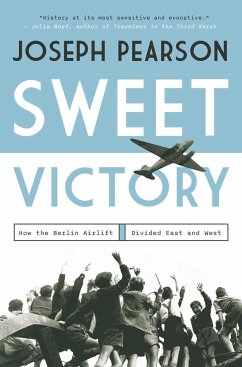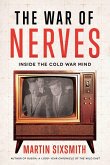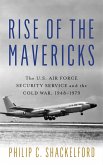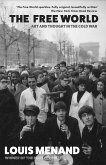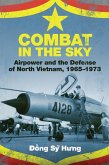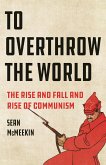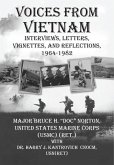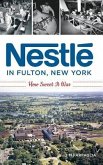The fascinating story of how a forgotten group of airmen—who had spent World War II dropping Allied bombs on Berlin—risked their lives in 1948-49 dropping chocolate bars from the sky. > In June of 1948, three years after the war, Stalin made his move to take complete control of the city. Laying siege, he blocked off supplies and transport to the Western sectors. The stakes could not have been higher: the Russian leader risked nuclear conflict. A false move––even one American plane shot down by Russian fighters––could mean the atomic drop that American generals were contemplating. Was Berlin worth this enormous risk, and how would the West react? The Soviets expected West Berlin would be easy to win. They were stunned when their adversaries launched, instead, a daring operation to supply Berlin by plane. With 277,500 flights in total, one landing in Berlin every three minutes, British and American pilots delivered 2.3 million tons of essentials such as coal and flour and, famously, candy and chocolate. The Berlin Airlift became the largest air operation in history. The airlift, meanwhile, transformed West Germans from foes into willing partners against Stalin. In this sense, the first victory against Germany came in 1945—when the Allied powers pummeled it into submission. The sweet victory came three years later when the Western powers conquered the hearts and minds of their former enemy. The Berlin Airlift is one of the century’s most dangerous and least understood crises of the twentieth century. Inexperienced and armed to the teeth, the world’s superpowers surveyed each other for the first time. The Cold War began in this city in 1948-49, just as it would end there forty years later.
Hinweis: Dieser Artikel kann nur an eine deutsche Lieferadresse ausgeliefert werden.
Hinweis: Dieser Artikel kann nur an eine deutsche Lieferadresse ausgeliefert werden.

